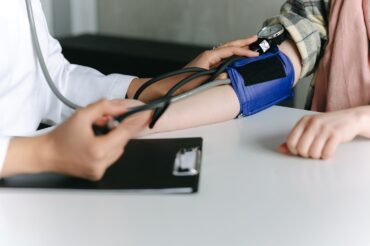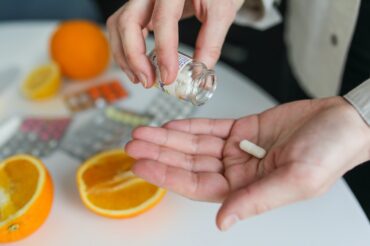Colorectal cancer is on the rise in young adults and has been for years
(Kathy Katella/ Yale Medicine) — Nobody in their 20s, 30s or 40s gets colorectal cancer, right? Wrong. The truth is that colorectal cancer is on the rise in young adults and has been for years. That’s why Yale Medicine surgeons who treat it are urging people younger than 45—even college students—to talk to their doctors about …









